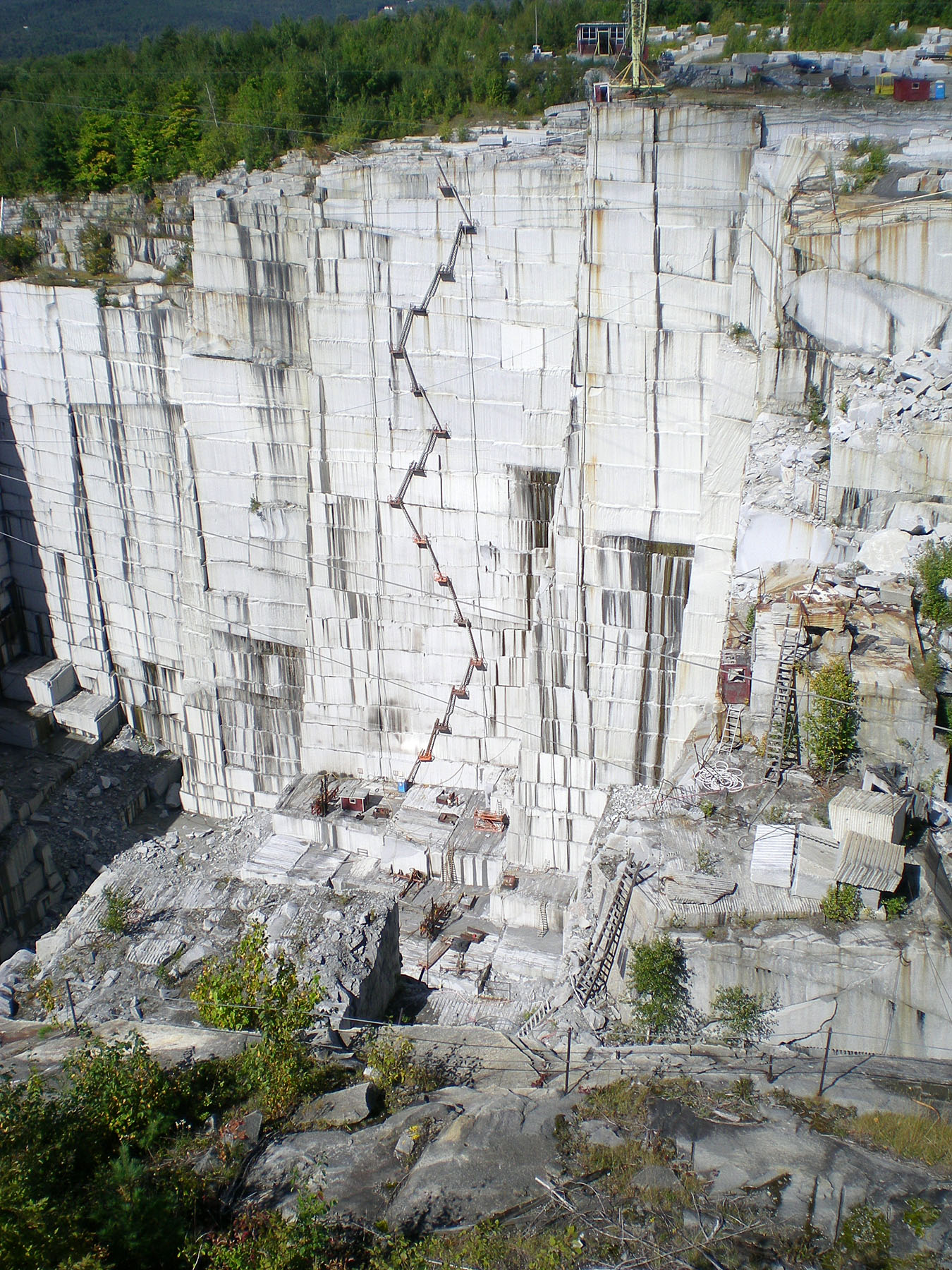Unveiling the Mysteries of Granite Quarrying: Where Strength and Elegance Meet
The globe of granite quarrying is a world where the raw stamina of nature merges with human creativity to create structures that stand the examination of time with an air of style. From the depths of quarries to the meticulous polishing in workshops, the process of transforming granite right into building marvels is a complex dance of practice and innovation. As we peer into the midsts of this old craft, we start to uncover the surprise intricacies that form the very significance of our developed setting.
The Beginnings of Granite Quarrying
In the annals of building background, the origins of granite quarrying are shrouded in a tapestry of old craftsmanship and geological wonders. Dating back to ancient Egypt and Mesopotamia, the extraction of granite from quarries noted the beginning of a trip that would at some point bring about the creation of a few of the globe's most famous frameworks.
Granite quarrying's roots can be traced to the knowledgeable artisans who acknowledged the rock's longevity and visual appeal. Via a mix of primitive tools and sheer resolution, these very early quarry workers discovered granite blocks that would certainly come to be the building blocks of people.
As human beings evolved, so did the techniques of quarrying granite. The Romans, renowned for their engineering expertise, developed advanced approaches for extracting granite to build monoliths, holy places, and roads that stood the examination of time.
The tradition of these ancient quarrying techniques continues to form modern design, with granite remaining an icon of toughness and style in building and construction projects around the globe. (granite quarries in south africa)
Devices of the Quarrying Profession
The evolution of granite quarrying strategies from ancient civilizations to contemporary times highlights the vital duty played by the tools of the quarrying sell shaping the sector's practices. In old times, quarrying devices were fundamental, frequently including knives, hammers, and wedges made from materials like bronze or iron. These devices required considerable workforce and time to extract granite obstructs from quarries.

Furthermore, the introduction of pneumatic tools and high-powered equipment has dramatically minimized the physical labor required in quarrying operations, improving employee safety and security and performance. As the quarrying market continues to introduce, the devices of the profession remain Get the facts at the forefront of driving development and forming the future of granite extraction.
Extracting Blocks of Granite
Utilizing accuracy machinery and advanced methods, the extraction of granite blocks from quarries has actually ended up being an advanced process in the modern-day quarrying industry. Regulated blowing up strategies are after that employed to break apart the granite right into manageable sections.

Polishing and Ending Up Techniques
To achieve a perfect surface on granite blocks, knowledgeable craftsmens use a series of careful polishing and ending up techniques. After the preliminary extraction and shaping procedures, the read here granite blocks undergo a detailed sprucing up phase to boost their all-natural elegance and durability. One typical technique made use of in polishing granite is ruby abrasion, where industrial rubies are used to grind and brighten the rock to a smooth finish. This procedure not only produces a lustrous surface area however likewise makes certain uniformity in color and structure throughout the granite block.
In enhancement to polishing, finishing strategies are used to further fine-tune the granite's look. By carefully selecting and using these brightening and completing techniques, craftsmens can transform raw granite obstructs into splendid pieces that showcase both toughness and beauty.

Ecological Impact and Sustainability
With the expanding emphasis on ecological awareness in the market, granite quarrying techniques are progressively looked at for their influence on all-natural sources and long-term sustainability. Furthermore, the transport of granite from quarries to refining facilities generates carbon emissions, additionally contributing to ecological degradation.
To minimize these influences and ensure sustainability in granite quarrying, sector stakeholders are taking navigate here on different actions. Applying sophisticated technologies to reduce power usage and water use, recovering quarried land for environmental restoration, and advertising responsible sourcing methods are some methods being used. Certifications such as the Forest Stewardship Council (FSC) and the Leadership in Power and Environmental Design (LEED) help consumers identify eco friendly granite products.
Final Thought
Finally, granite quarrying is a process that needs specialized devices and techniques to essence blocks of granite and brighten them to a high degree of surface. While the ecological impact of quarrying can be substantial, initiatives are being made to enhance sustainability methods in the market. Overall, granite quarrying is a delicate balance in between taking advantage of the strength and sophistication of this natural stone while lessening its impact on the environment.
Comments on “Travelling Via Granite Quarries in South Africa: A Visual Odyssey”